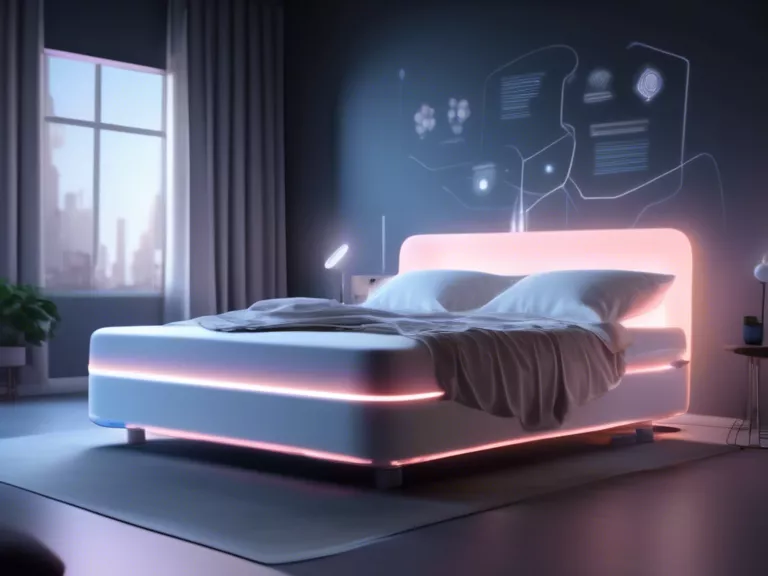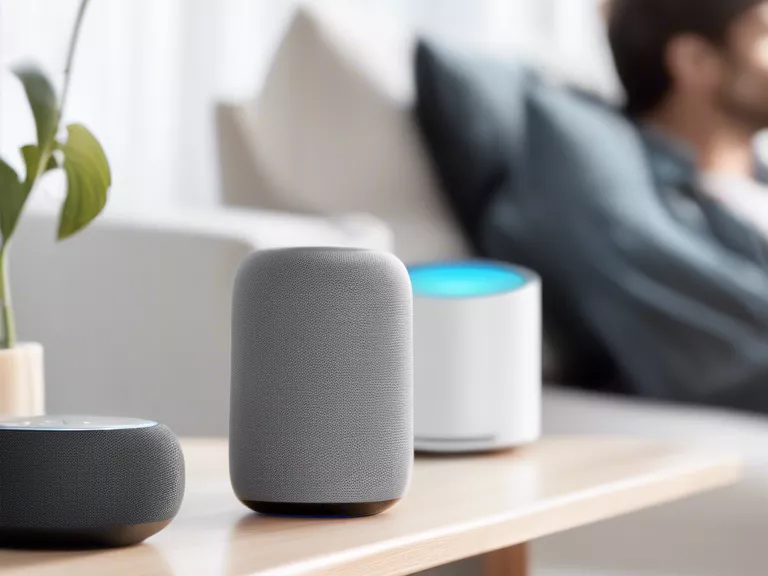
How Smart Bed Technology is Improving Sleep Quality Through AI-Driven Adjustments
In today's fast-paced world, quality sleep is more important than ever. Lack of proper sleep can lead to a range of health issues, from fatigue and irritability to more serious conditions like heart disease and diabetes. Fortunately, advancements in technology are making it easier for people to get the rest they need. One such innovation is smart bed technology, which uses artificial intelligence (AI) to make real-time adjustments to improve sleep quality.
Smart beds are equipped with sensors that monitor a sleeper's movements, heart rate, and breathing patterns throughout the night. This data is then analyzed by AI algorithms to determine the best sleeping position, mattress firmness, and even room temperature for optimal rest. The bed can automatically make adjustments, such as raising the head or foot of the mattress, to help the sleeper stay comfortable and asleep.
One of the key benefits of smart bed technology is personalized sleep solutions. Each person has unique sleep preferences and needs, and a smart bed can customize the sleeping experience based on individual data. For example, if someone tends to snore, the bed can raise the head to open up their airways and reduce snoring. If another person moves around a lot during the night, the bed can adjust the firmness to keep them supported and still.
By improving sleep quality, smart bed technology can have a significant impact on overall health and well-being. Better sleep leads to increased energy, improved cognitive function, and a stronger immune system. It can also help reduce stress, anxiety, and depression. With AI-driven adjustments, smart beds are paving the way for a future where everyone can get the rest they need to live their best life.



